At the same time, the Ministry has urgently issued regulations on the functions and tasks of Commune Health Stations, as a basis for localities to prepare conditions in terms of human resources, equipment and facilities...
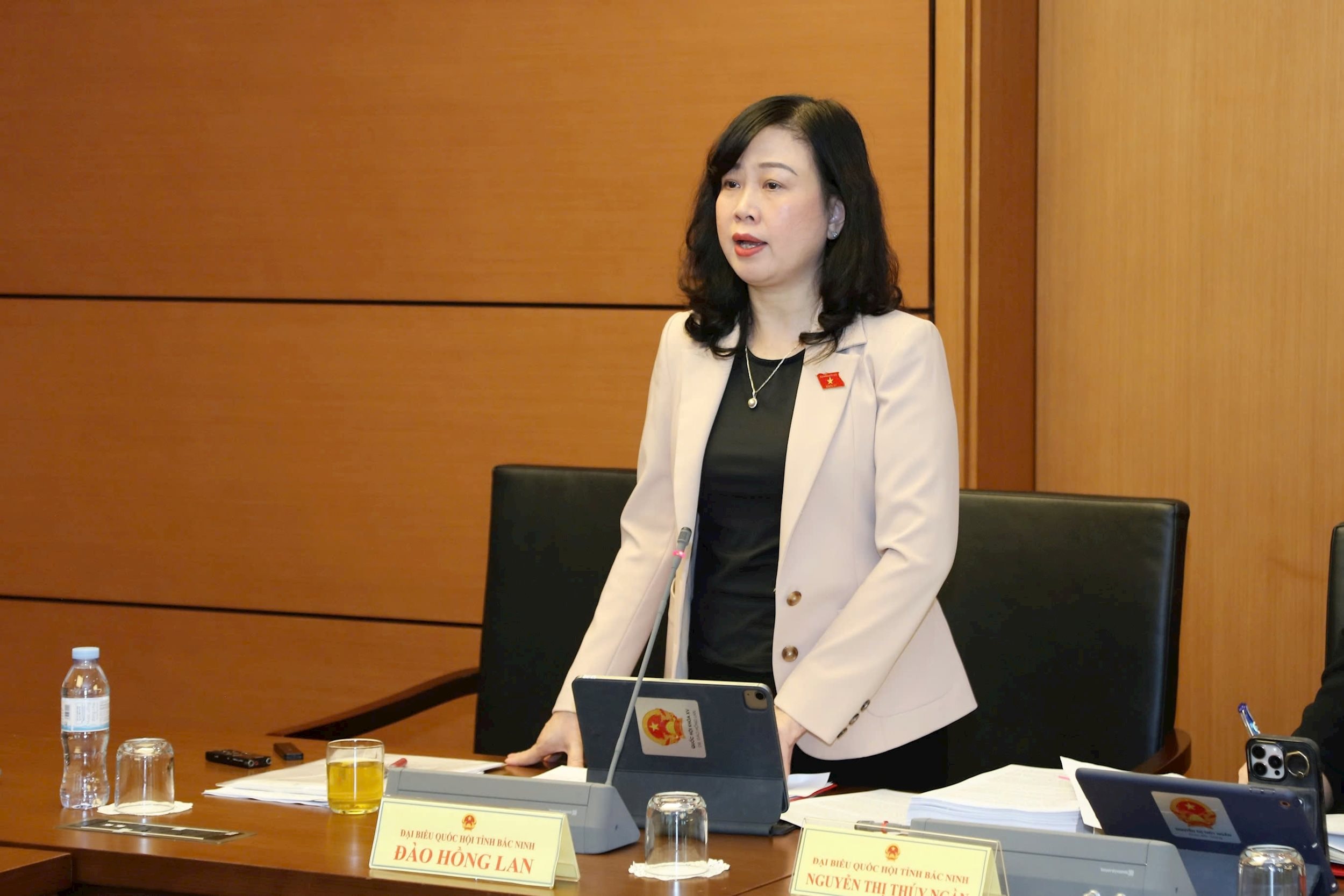
Strengthening grassroots capacity - a solid foundation for the health system in the long term
Speaking at the discussion on the above policy, Minister of Health Dao Hong Lan - National Assembly Delegate of Bac Ninh province emphasized that this is an important task assigned by the Government to the Ministry of Health to preside over, in order to implement Conclusion 149 of the Politburo and Resolution 72 of the National Assembly on breakthrough solutions to improve people's health in the coming period.
According to the Minister, the development of this program is very timely and synchronous. Although it is a national target program with a large scope and far-reaching impact, the preparation time is very short: only about 5-7 months to complete the entire dossier according to the public investment process and submit it to the National Assembly for consideration.
"Compared to many other programs implemented in two sessions, this is a very short period of time. The Ministry of Health and other ministries and branches have had to make maximum efforts to ensure progress," the Minister added.
During the development process, the Ministry of Health paid special attention to the feasibility factor. Right from the beginning, the Ministry sent a document asking for opinions from 63 provinces and cities to synthesize practical needs. Later, when the state administrative apparatus was rearranged to 34 provinces and cities, the Ministry continued to ask for opinions again to ensure that the proposals were suitable for the new conditions...
Regarding the specific content of the investment policy of the National Target Program on Health Care, Population and Development for the period 2026 - 2035, Minister of Health Dao Hong Lan said: One of the key contents prioritized by the Ministry of Health is to complete the organizational model of Commune Health Stations - the unit directly benefiting from the program after being approved by the National Assembly. The Ministry has promptly issued regulations on the functions and tasks of Commune Health Stations, as a basis for localities to prepare conditions in terms of human resources, equipment and facilities.
"Improving grassroots capacity not only helps serve people where they live, but also creates a solid foundation for the health system in the long term," the Minister affirmed.
The head of the Ministry of Health said that the program's objectives are clearly defined, focusing on preventive medicine and primary health care - two core areas that need to be strongly strengthened in the new context. This focus is based on the summary of previously implemented programs such as the recovery program related to preventive medicine, public investment sources in previous stages or ODA projects in the health sector.
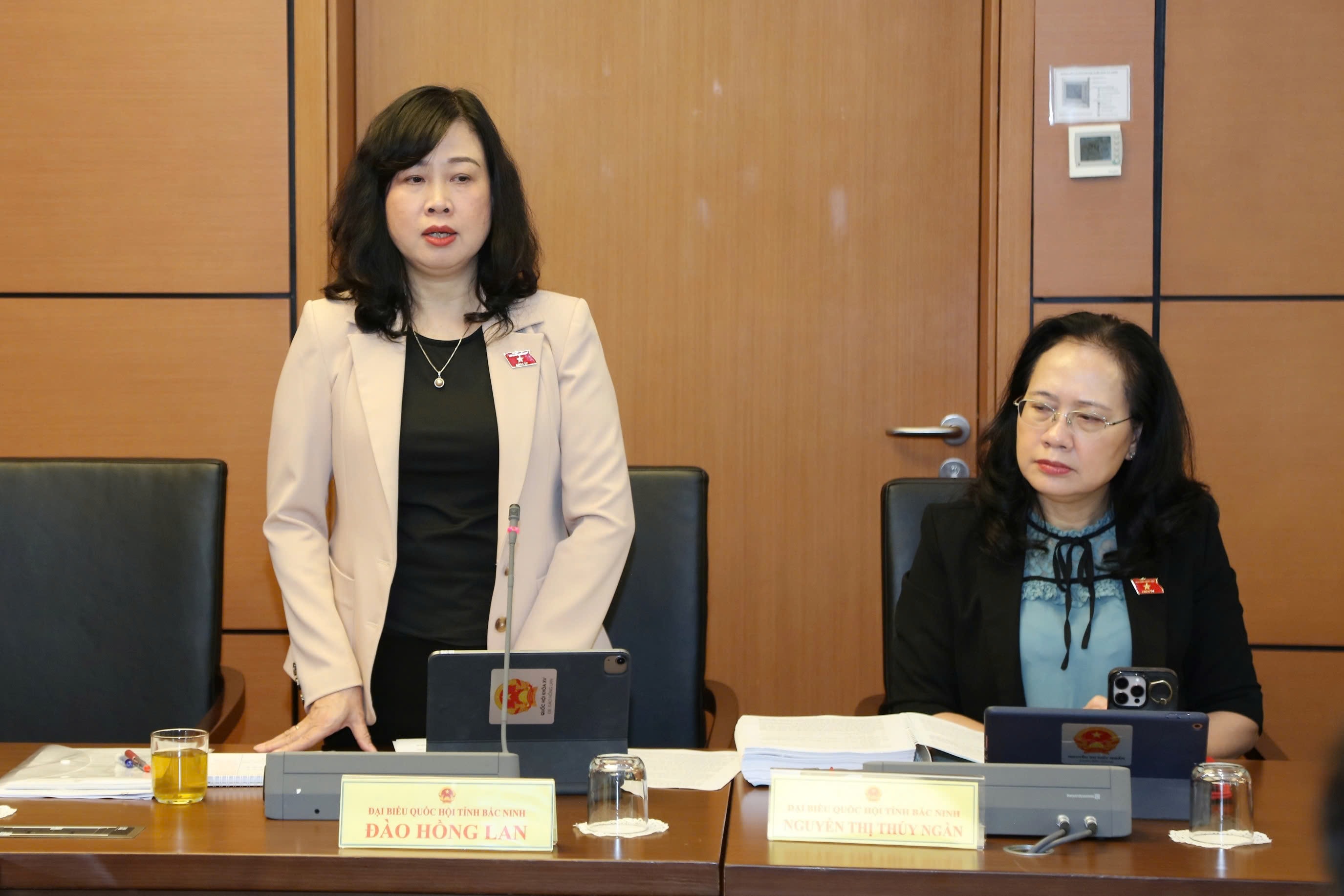
"The Prime Minister requested to focus on key contents and avoid spreading out. Therefore, this program targets the most practical target group, which has a direct impact on people's health," the Minister emphasized.
Along with determining the scope of content, the Ministry of Health also closely coordinates with the Ministry of Finance to calculate the scale and resource allocation plan.
In addition, the Ministry of Health also sent a dossier to the State Audit for comments. On November 18, the State Audit issued a document confirming the feasibility of the capital source and the appropriateness of the allocation plan, creating a basis for the Ministry of Health to complete the program to submit to the Government and the National Assembly.
Minister Dao Hong Lan affirmed that the National Target Program on Health Care, Population and Development for the 2026-2035 period will be an important tool to mobilize resources, strengthen the capacity of the health system, and meet the challenges of population aging, epidemics, changing disease patterns, and the increasing health care needs of the people.
5 key projects of the Program
In particular, at the discussion session, Minister of Health Dao Hong Lan informed and clarified more about the 5 key projects of the above Program, specifically:
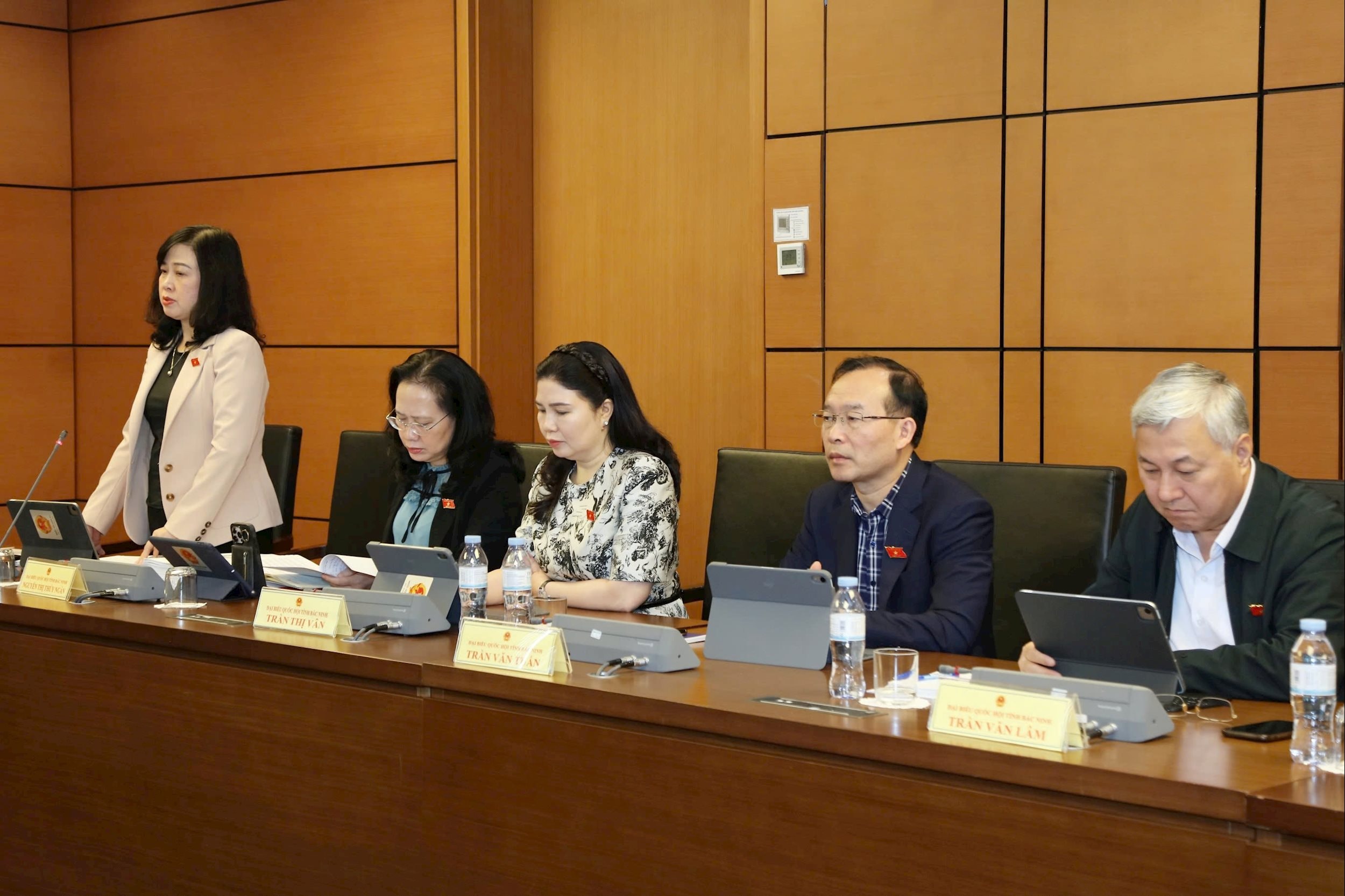
Project 1: Improving the grassroots health network : This is the central content of the program. The Ministry of Health has closely coordinated with localities to synthesize practical needs, including building more than 700 new health stations and repairing and upgrading more than 1,000 existing stations.
According to the Minister, the country currently has 3,321 communes and new and expanded stations, all of which are detailed based on local registration needs. The Ministry also coordinates with the Ministry of Public Security and the Ministry of National Defense to upgrade and build new hospitals, base stations, infirmaries, military and civilian medical facilities, etc. to ensure the grassroots health network is comprehensively strengthened.
Project 2: Improving the effectiveness of disease prevention and health care : The Minister said that this project closely follows the direction of Resolution 72, focusing on increasing investment in the disease prevention system, especially testing units. The program also focuses on preventing infectious and non-communicable diseases, including issues such as stroke, improving health education, propaganda orientation, implementing the family doctor model and improving the out-of-hospital emergency system, ensuring the "golden time" for patients.
Project 3: Population and Development : According to the Minister, the Program offers solutions to support couples and individuals in having two children, while enhancing adaptation to population aging, caring for the elderly and developing community-based rehabilitation models for people with disabilities.
Project 4 : Improving the quality of social care for the vulnerable : The project focuses on care for the elderly and other vulnerable groups. Solutions are based on the Law on the Elderly, including the management and development of care centers, social protection, and implementation of care policies according to legal regulations. The project also combines with the Population Law under construction, to ensure long-term benefits for these groups.
Project 5: Communication, monitoring and management : The project aims to change awareness and improve knowledge and skills in health care for people. The content includes information on proper nutrition, disease prevention, self-care, contributing to creating a foundation of awareness and healthy behavior, in line with the public health goals of the program.
In addition, at the Group discussion session, the head of the Ministry of Health also answered some concerns of delegates related to solutions to improve the stature and health of Vietnamese people; the issue of training family doctors; the issue of attracting private health care participation, in which raised difficulties related to creating a "clean land" fund for the private health system to implement; the process of implementing the PPP Law in the health sector; and funding sources for program implementation.
Source: https://daibieunhandan.vn/uu-tien-hoan-thien-mo-hinh-y-te-co-so-10397064.html





![[Photo] VinUni students' emotions are sublimated with "Homeland in the Heart: The Concert Film"](/_next/image?url=https%3A%2F%2Fvphoto.vietnam.vn%2Fthumb%2F1200x675%2Fvietnam%2Fresource%2FIMAGE%2F2025%2F11%2F26%2F1764174931822_10-3878-jpg.webp&w=3840&q=75)





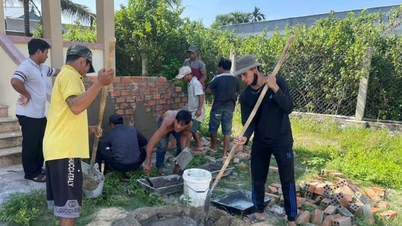
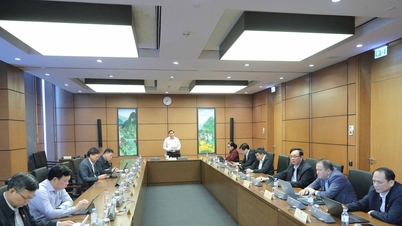
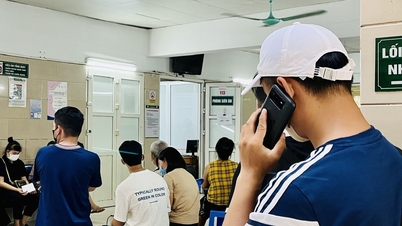

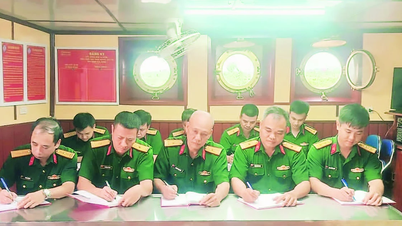

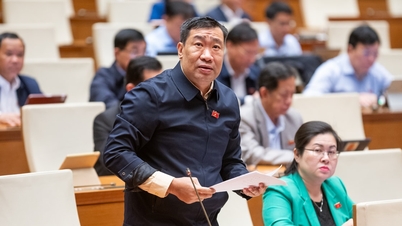
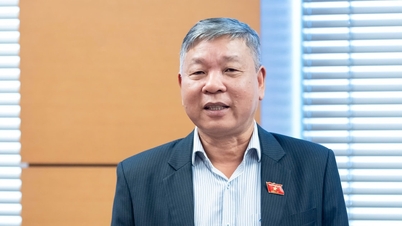

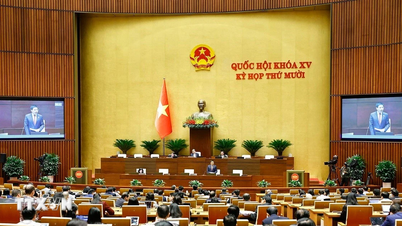

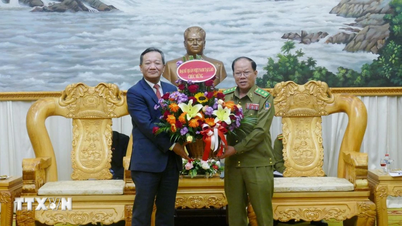




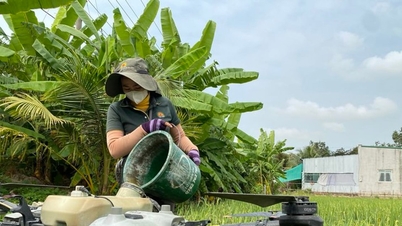
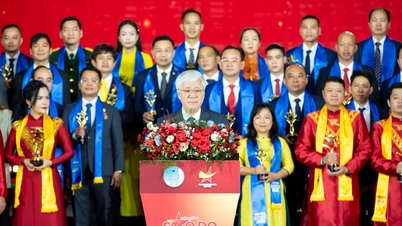


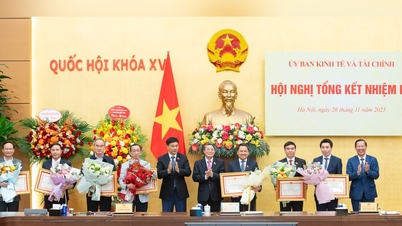


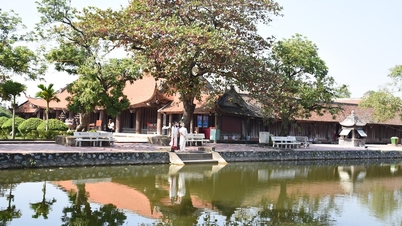











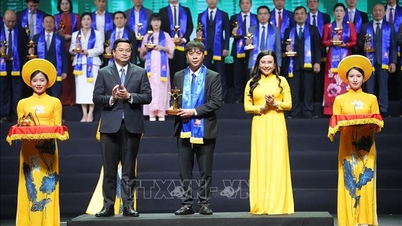

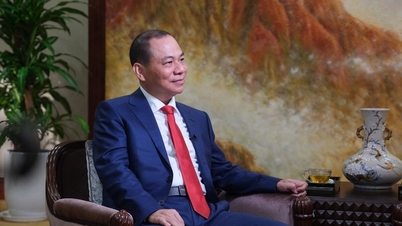



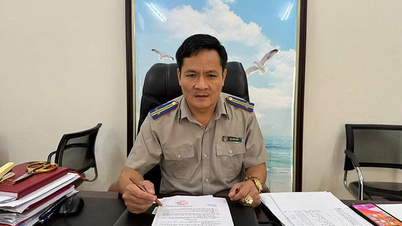

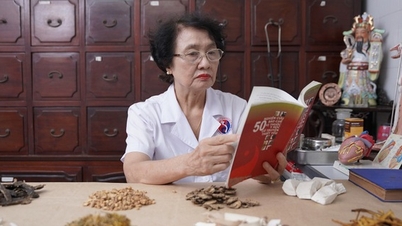
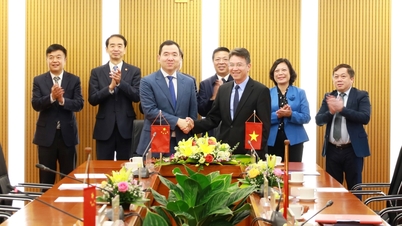



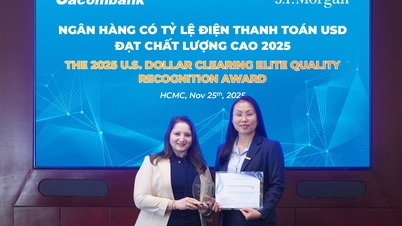

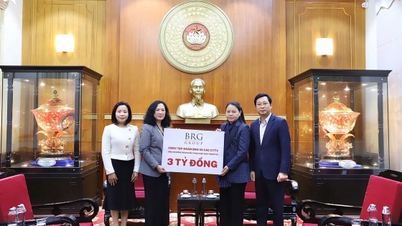











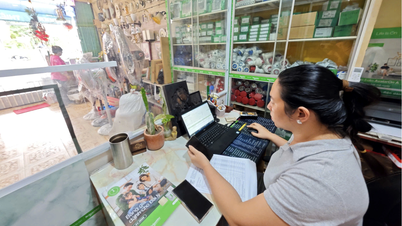
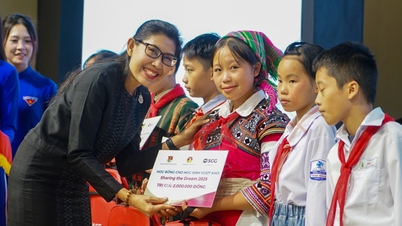






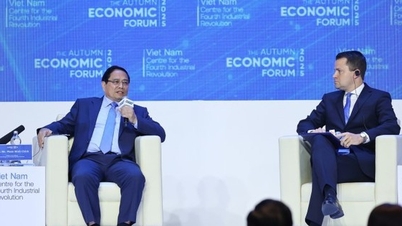

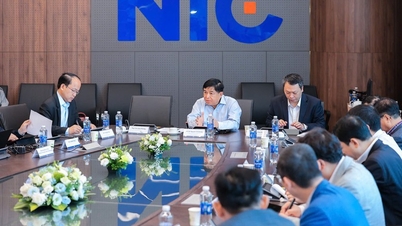



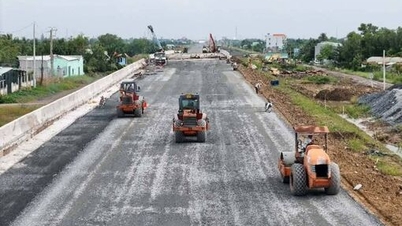




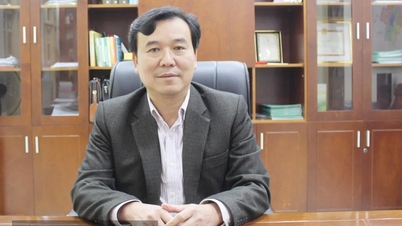



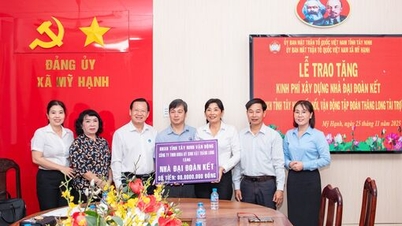









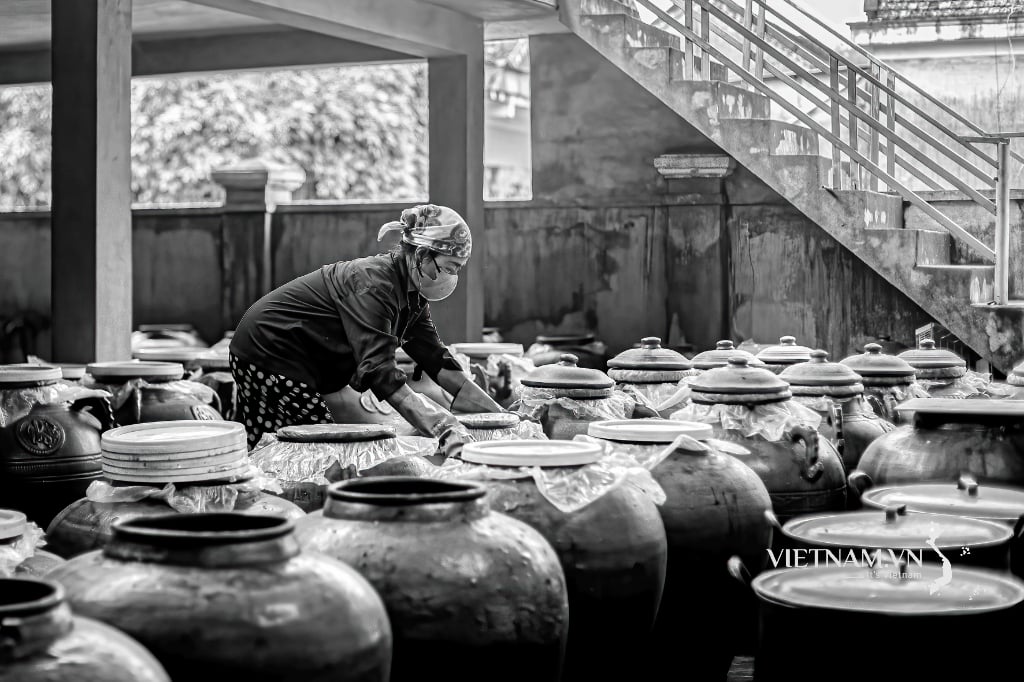


Comment (0)